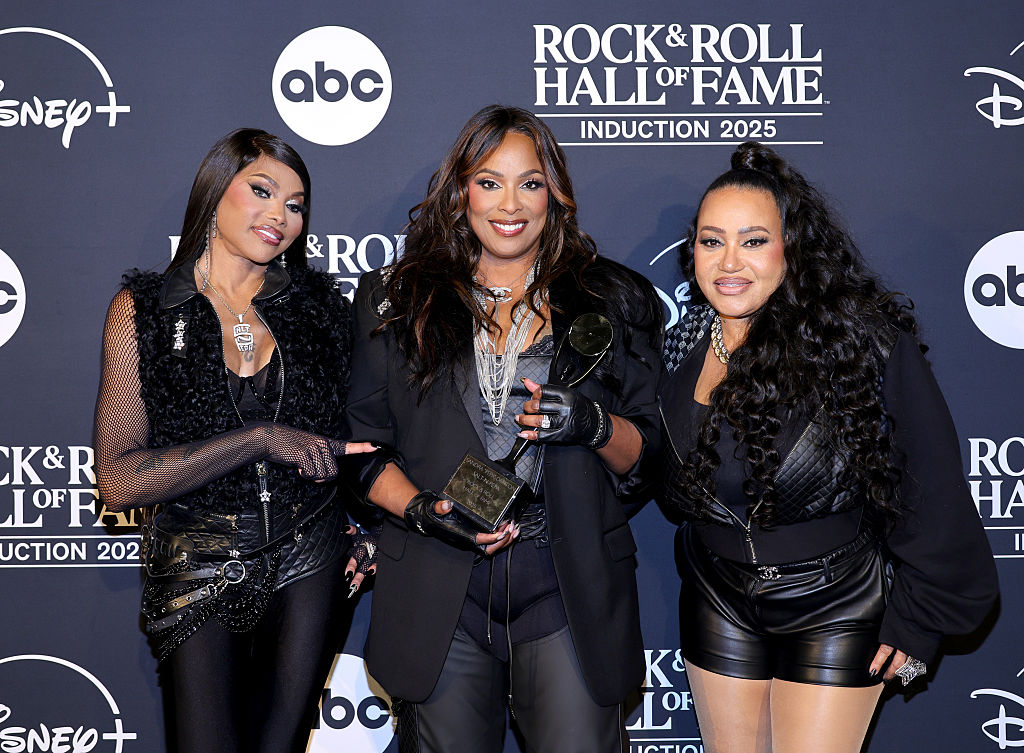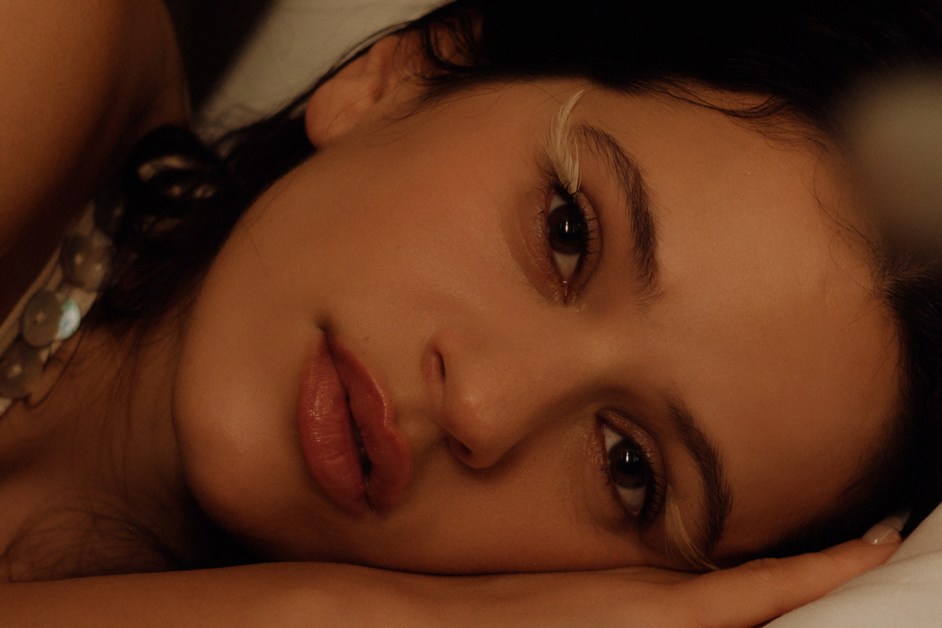News
Page: 115
Trending on Billboard A federal judge rejected a lawsuit claiming the Rock & Roll Hall of Fame broke the law by using a copyrighted photo of Eddie Van Halen in a museum exhibit. Dismissing a case filed by rock photographer Neil Zlozower, Judge Christopher A. Boyko said the Rock Hall made legal “fair use” of […]

Trending on Billboard Kelly Clarkson is ready for the industry to break away from toxic beauty standards — or, at the very least, for people to stop thinking it’s acceptable to tell women what to do with their bodies. While onstage for one of her Studio Session shows at Caesars Palace in Las Vegas over […]
Trending on Billboard
Billboard has partnered with Starlite, the Spanish company that produces and hosts the annual Starlite Festivals in Marbella and Madrid, to produce its first Billboard No. 1s event outside of the United States, and the first to be devoted to Latin Music.
Billboard No. 1s Spain — or Billboard Números Uno España — will take place Dec. 15 at IFEMA in Madrid, as part of the week-long programming of Starlite Madrid. The evening will feature performances by artists who have entered the top 10 of the Billboard Hits of the World Spain Songs chart, along with special honors.
Related
Although Billboard has hosted other Billboard No. 1s, this marks the first time the event will feature multiple live performances in a concert setting.
“Partnering with Billboard, the Bible of the music industry, is an honor for us,” said Sandra García-Sanjuán, founder and CEO of Starlite. “It’s an honor to partner with Billboard, especially because it’s the first time they do a Billboard No. 1s event outside of the U.S.”
“As Billboard expands its international presence, we’re thrilled to partner with Starlite for our first live concert event in Spain,” said Leila Cobo, Billboard’s chief content officer for Latin/español. “Starlite is an iconic, innovative brand that’s created a unique festival unlike anything else, and Sandra is a visionary executive. We’re excited to launch our Billboard No. 1s in Spain with them.”
García-Sanjuán’s Starlite Festival in Marbella, billed as “the best boutique festival in the world,” spans 60 days of concerts between June and August in the Spanish city of Marbella, with an A-list roster of artists that this year included Marc Anthony, Santana, Emilia, Nathy Peluso and Camila Cabello.
The Billboard-Starlite partnership was initially announced during Billboard Latin Music Week, and details have been finalized since then.
The Madrid edition of Starlite kicks off Dec. 12 with a concert by Melendi and ends Dec. 22 with Manuel Carrasco. The Billboard No. 1s concert will be held Dec. 15. Tickets are already available for sale, with a full lineup to be announced soon.
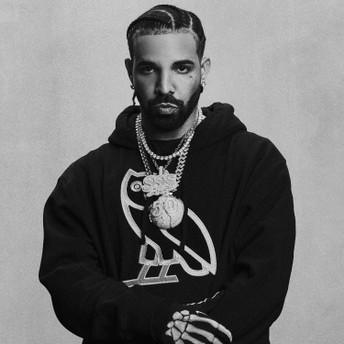
Trending on Billboard During his most recent livestream, Adin Ross criticized Kendrick Lamar‘s music as “ass” and said Drake not only has way better music, but shows more support for his fellow rappers. Explore See latest videos, charts and news On Sunday, the streamer revisited the 2024 beef between The Boy and K-Dot, saying that […]
Source: Maya Dehlin Spach / Getty
Salt-N-Pepa celebrated a high honor over the weekend after being inducted into the Rock and Roll Hall of Fame, joining legends such as Outkast, ’80s icon Cyndi Lauper, and Chubby Checker. During the induction speech, Salt-N-Pepa took a shot at the music industry, as the legendary trio is involved in a legal fight to gain streaming rights to their music.
This past Saturday (November 8), Salt-N-Pepa, which consists of Cheryl “Salt” James, Sandi “Pepa” Denton, and Deidra “Spindarella” Roper, accepted the Music Influence after a moving introduction from Missy Elillott, using the moment to take a bow for what they were able to achieve as the first women in Hip-Hop to hit superstar status.
Salt playfully and confidently delivered the speech, thanking their fans for emulating the group’s fly looks, and even teased their guy fans who had their posters on the wall. However, James aimed some darts in the direction of the Universal Music Group (UMG) but didn’t name them in the jab.
“As we celebrate this moment, fans can’t even stream our music. It’s been taken down from all streaming platforms because the industry still doesn’t want to play fair,” Denton began.
She continued with, “Salt-N-Pepa have never been afraid of a fight. This is the Influence Award. We have to keep using our influence until the industry honors creativity the way the audience does — with love, respect and fairness — and that includes streaming platforms too.”
Check out Salt-N-Pepa’s spcial Rock and Roll Hall of Fame moment below.
—
Photo: Getty
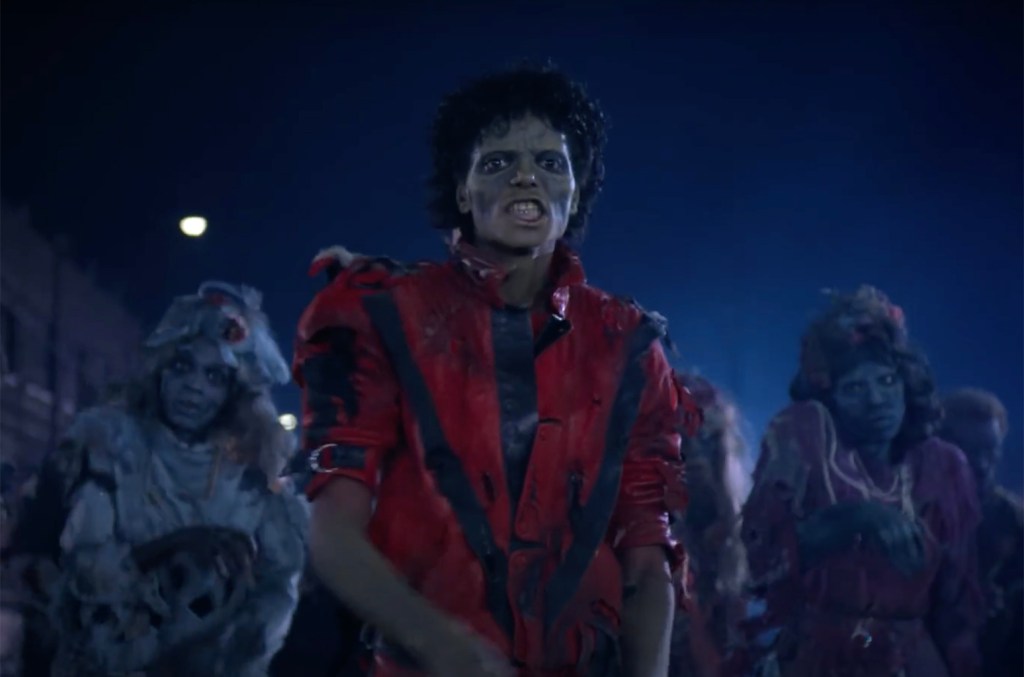
Trending on Billboard
Michael Jackson’s “Thriller” strikes like a beast, rising from No. 32 to No. 10 on the Billboard Hot 100 dated Nov. 15, granting the late King of Pop a new chart longevity record.
With the song, which hit No. 4 on the Hot 100 in 1984, Jackson, who died in 2009, becomes the first artist ever to rank in the top 10 in six distinct decades (the 1970s, ‘80s, ‘90s, 2000s, ‘10s and now ‘20s).
Jackson surpasses Andy Williams, who died in 2012 and whose history includes placements in the top 10 in five decades (‘50s, ’60s, ’70s, ‘10s and ’20s, extended since 2018 thanks to “It’s the Most Wonderful Time of the Year”).
Jackson first reached the Hot 100’s top 10 as a soloist in November 1971 with his debut on his own, “Got To Be There.” Jackson boasts 30 top 10s, including 13 No. 1s. Until this week, Jackson, who died in 2009, last ranked in the top 10 as featured on Drake’s “Don’t Matter to Me” in 2018.
Notably, with Jackson, then just 11 years old, as a member, the Jackson 5 spent their first week in the Hot 100’s top 10 on the last chart of the ‘60s, dated Dec. 27, 1969, with their breakthrough hit, “I Want You Back.”
With Halloween kicking off the Oct. 31-Nov. 6 tracking week, “Thriller” drew 14 million official streams (up 57% week-over-week) and 9.3 million in radio airplay audience (up 124%), while selling 3,000 (up 1%) in the United States, according to Luminate.
Additionally, “Thriller” is now Jackson’s sole longest-charting Hot 100 hit: 26 weeks. It one-ups two other classics from his Thriller album, as “Billie Jean” and “Beat It” each spent 25 weeks on the chart beginning in 1983.
Here’s how the Internet is reacting to Rosalía’s new music.
11/10/2025
Trending on Billboard
Three decades after shaking up the hip-hop landscape, Wu-Tang Clan is tasting the fruits of its labor. On the heels of celebrating the unofficial Wu-Tang Clan Day holiday on Sunday, the Staten Island crew collected a handful of new certifications from the RIAA on Monday (Nov. 10).
Explore
See latest videos, charts and news
Included in the bunch of plaques is Wu’s debut single, “Protect Ya Neck,” which has gone platinum nearly 33 years after its initial release in December 1992.
The Wu-Tang Clan’s Enter The Wu-Tang (36 Chambers) 1993 debut is now 4x-platinum and cuts from the project like “C.R.E.A.M.” (4x), “Wu-Tang Clan Ain’t Nuthing ta F Wit” (1x) and “Method Man” (1x) also picked up platinum certifications. While “Bring Da Ruckas” and “Da Mystery of Chessboxin” are now certified gold.
Enter The Wu-Tang (36 Chambers) celebrated its 32nd anniversary on Sunday. The LP reached No. 41 on the Billboard 200.
“C.R.E.A.M.” is the group’s most commercially successful single, with the money-stacking anthem peaking at No. 60 on the Billboard Hot 100, where it spent 16 weeks. “Method Man” topped out at No. 69 on the Hot 100 and spent 14 weeks on the chart.
2025 has been a comeback year for the Wu, as the crew wrapped up the North American leg of The Final Chamber tour in July, which grossed $30.6 million, with 245,000 tickets sold, according to Billboard Boxscore.
Wu-Tang Clan will bring their farewell show global as The Final Chamber turns into a world tour next March, when the European leg kicks off on March 2 in Amsterdam.
The Billboard Hip-Hop Hall of Fame crew’s set to make stops in Berlin, Italy, Vienna, Cologne, Paris, Zurich, London and Manchester before heading to Dubai and Australia in March.
Trending on Billboard Weeks after Ace Frehley’s death, a newly obtained autopsy report has shed some light on why the KISS co-founder and iconic guitarist died suddenly at the age of 74 in October. According to to outlets such as TMZ and People, documents provided by the Morris County Medical Examiner in New Jersey confirmed […]
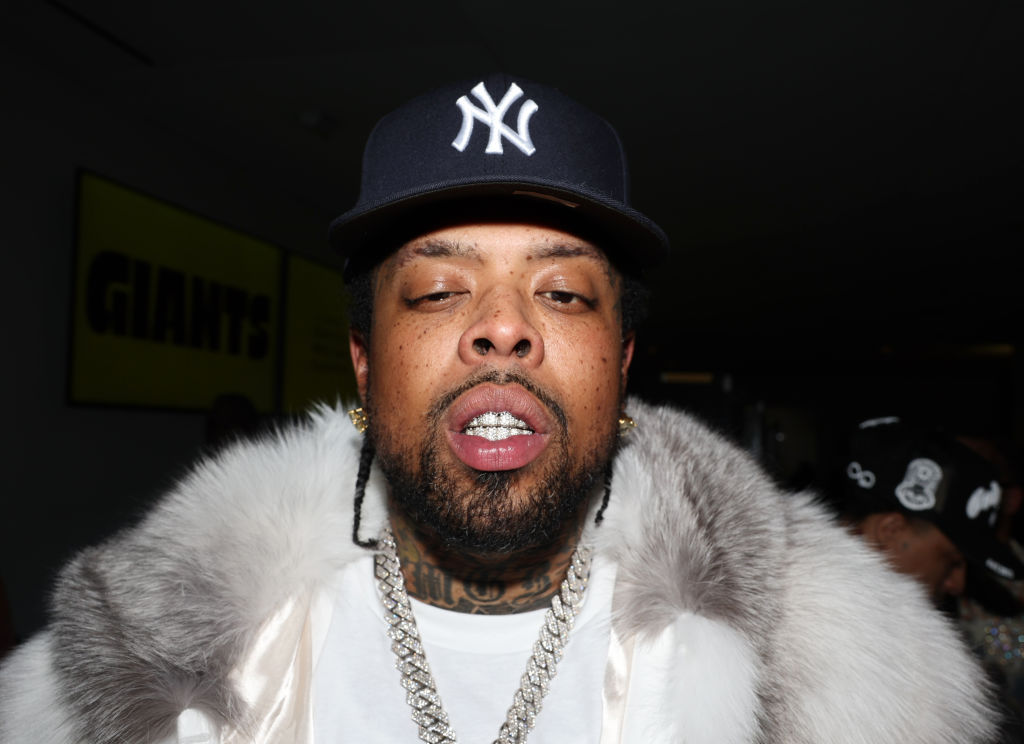
Source: Shareif Ziyadat / Getty
There are two things you don’t play with when it comes to Westside Gunn: Hip-Hop and wrestling. WWE tried him big time.
The Griselda MC pulled up to Monday Night Raw in Buffalo, but things went left after getting kicked out of the venue. He went to social media to sound off against the WWE’s treatment to him, For YEAAAAAAARS I mean NOBODY w/ 2 feet has spent the amount of $ I have supporting and pushing a brand I’ve loved since I could remember. All the good times it brought to my life to the point when I started making music I incorporated in everything like WU TANG did karate. I made ppl who hated the product watch it again I made it look kool, whne at the time ppl thought i was nerdy.”
Westside also goes in-depth about the WWE allegedly threatening him to remove wrestling content from his music, “I was threatened to take everything out of my music which I only did to pay homage or my whole catalog would be demolished and everyboyd knows how hard I worked coming from Buffalo for me to get that threat for just supporting and being a real fan hurt me. But I stayed quiet and still like a krazy man sat front row bc I loved the culture.”
Westside Gunn has been a huge wrestling fan his whole life, a day one supporter to the point of starting his own wrestling group called 4th Rope. Curating “The Heels Have Eyes” wrestling tour, blending Hip-Hop and wrestling. Hip-Hop Wired was in the building for Westside’s tour stop in Atlanta at Center Stage. Featuring a dope music set from Onyx, Benny The Butcher, and a live DJ set from Conductor Williams.
Ending the night off with a 3-way ladder match for the 4th Rope Tag Team Championship between The Hardy Boyz, & The Infantry.

 State Champ Radio
State Champ Radio 

